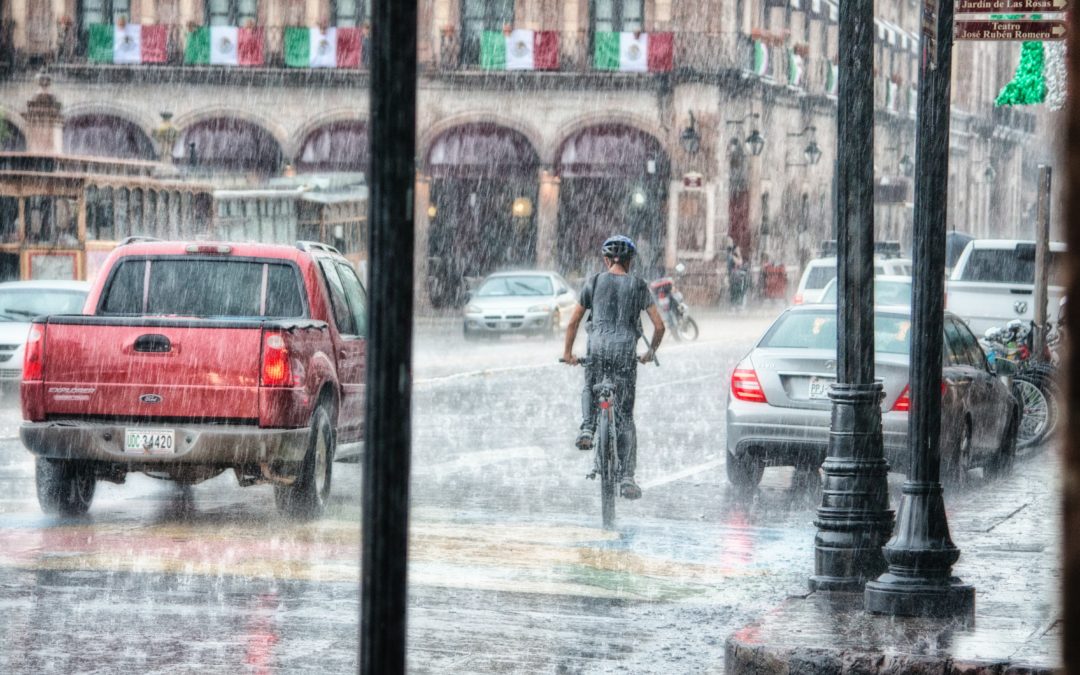As you may have already seen on the news or even currently experiencing, large parts of the UK are being subjected to heavy rain resulting in flash floods for many areas.
By their very nature, floods are quick to arrive offering little warning for homeowners and yet they can have a lasting impact on the state of the property and contents should the water permeate the home. This of course has major implications for the client.
Normally, flooding occurs with rivers overflowing their riverbanks and water runoff from residential areas. Ordinarily, homeowners can anticipate rising water levels and take measures. For example, keeping sandbags at the doors of the property and moving contents to higher levels to at least keep their possessions protected.
The current weather we are experiencing has meant that the ground still dry from a mild summer has been unable to absorb the excess water in such high volumes.
What can your clients do now to prepare their properties?
- If your clients live near a river, then it’s advisable to check that they have adequate drainage surrounding the property.
- Clients can sign up for flood alerts.
- Investigate having a sump pump fitted into a basement.
- Make sure that gutters and drains are free of leaves and other potential blockages so that any rain water can flow freely.
- Act quickly. Should your client receive any warning, move as many items to higher ground, protecting any high value valuable objects and fine art.
- Keep a list of emergency contact numbers close by.
Prepare a flood plan
A flood plan can help you to prepare for flooding and reduce the impact it might have to your home, business or community, it can also help with the recovery process.
You may be able to download a flood plan template from your local flood agency or council or put your own together using the following list as a guide:
- A list of useful contact numbers – including your local council, utility providers and your insurance company
- How to shut off your electricity or gas supply
- Move your valuable belongings to a safe place
- What would you need to move to safety during a flood – think about your pets, car, furniture
- Who could you ask for help?
- Could you offer to help vulnerable friends or neighbours?
Prepare a flood kit
Think about putting together an emergency flood kit with essential items that will help you cope in a flood, including:
- Insurance documents and list of contact numbers
- Torch & spare batteries
- First aid kit and any prescription medicines
- Warm waterproof clothes and blankets
- Bottled water and snacks
- Battery or wind-up radio
- Supplies for looking after your baby or pet
Make sure that everyone knows where to find this kit and what to do if flooding happens.

